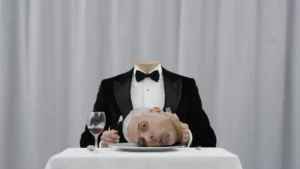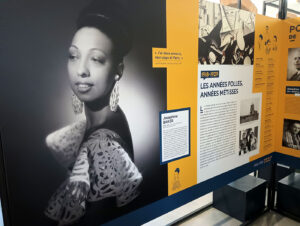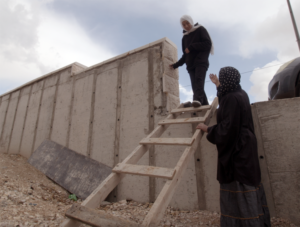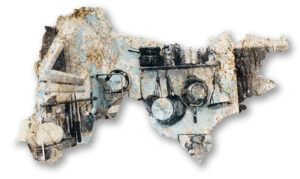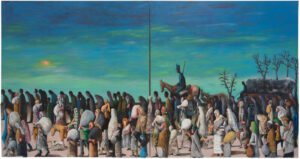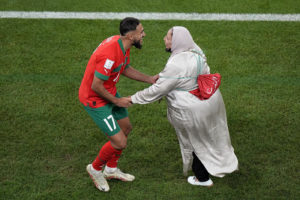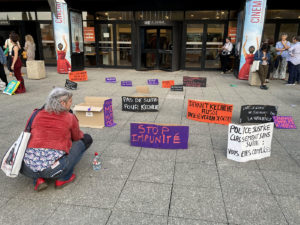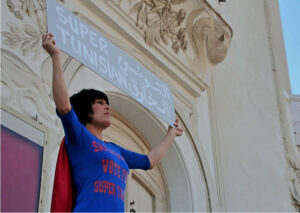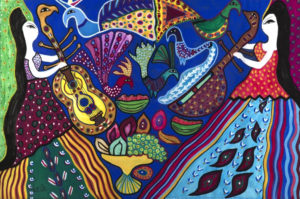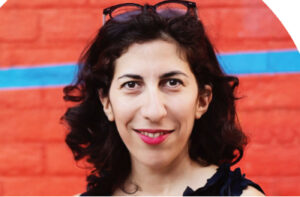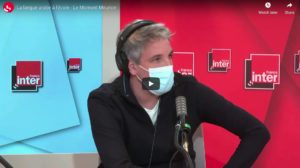Entente isn’t possible when you live under occupation —Alain Gresh
Laëtitia Soula
Journalist and writer Alain Gresh (b. Cairo 1948) is a French anti-colonialist. He is the former editor-in-chief of Le Monde Diplomatique, and the cofounder of the publications Orient XXI and Afrique XXI. Gresh recently gave a talk in Toulouse where he reminded his audience that “history did not begin on October 7, 2023,” with the Hamas attacks on Israel during Operation Al-Aqsa Flood. He raised the matter of “the murders in the West Bank and the blockade of Gaza for over fifteen years,” noting the causal link between these attacks, the occupation of Palestinian territory, and the responsibility of the Israeli government.
“How can we normalize the Occupation?” Gresh asked. “It’s been going on for over fifty years and there’s no way out today. Imagine for a moment what it’s like to be a young person in Gaza. All his life, he’s known nothing but the Occupation, the blockade, the difficulty of leaving his territory, and so on. October 7 wasn’t a thunderclap in a blue sky; it was just a question of when it was going to happen.”
What is terrorism?
“A military operation took place on October 7,” explains Gresh. “Hamas fighters crossed the border, and it was a shock for the Israelis because it was the first time fighting had taken place on their territory. Hamas’ military capability surprised everyone. They took control of several military bases and killed around 500 soldiers. Crimes were committed against civilians, including rape and war crimes. There was an outpouring of criticism of Hamas as a terrorist organization, claiming that it was impossible to negotiate with them.”
Gresh questions the definition of terrorism, and speaks of the internationally-recognized right for an occupied people to resist their oppression. “I don’t know of any organization that makes terrorism an objective,” he argues. “Calling an organization terrorist is tantamount to representing it as evil, and refusing all negotiation. It’s like saying that we are good and others are evil. It’s absurd, because it means we can’t think politically.” He went on: “When we talk about terrorism, the discussion is closed. The reality is that there is an occupying country and an occupied country, and there can be no entente when you live under occupation,” he added, paraphrasing Karl Marx, who argued that a people that oppresses another cannot be free.
The “global war on terror”?
A parallel can be drawn with the post-September 11, 2001 US war on terrorism. This proved to be George W. Bush’s “crusade” in the Middle East, omitting US responsibility for the political situation in Arab countries, and advancing “the only possible solution, military victory.” As Gresh argues, the result of the 2001 campaign against terrorism was that “the Americans have destroyed Iraq for generations, as well as Afghanistan, with the return of the Taliban. They have destabilized the entire region, and continue their complacency towards Israel today. To read the conflict as a global war against terrorism is to enter into an endless war, and to present Israel as an ally in this war is a smoke and mirrors concept, because for over fifty years, its policies have failed to resolve the conflict.”
The weapon of the poor
In the 1960s, the Palestine Liberation Organization (PLO) was considered a terrorist organization: “Terrorist actions consist of killing innocent civilians for political ends. Most liberation movements use armed struggle, such as Algeria’s Front de libération nationale (FLN) or South Africa’s African National Congress (ANC). It makes no sense to talk of a war between Israel and Hamas, because they are not two comparable entities. Liberation movements fight modern, regular and well-trained armies, because they have no other solution; it’s often said that terrorism is the weapon of the poor. If terrorism kills civilians, then let’s talk about terrorist states too, because in three months the Israelis have killed no less than 25,000 people in Gaza.”
We remember the stones of the First Intifada at the end of the 1980s, often thrown by children, teenagers and women against the Israeli army. According to Alain Gresh, the PLO’s terrorism was not overcome through repression or the assassination of fighters, but “because they were offered the prospect of political negotiation.” Integrated into the negotiations as a legitimate organization, the PLO gradually renounced violence, and took part in the 1993 Oslo Accords.
A possible genocide in progress
Alain Gresh believes that there is “no military solution” to the Israel-Palestine conflict, and is surprised by “Hamas’s capacity for resistance” in the face of the Israeli army, which is one of the most powerful in the world. In his view, the stalemate is worrying, with “the risk of escalation and extension of the conflict” on the side of Hezbollah in Lebanon or the Houthis in Yemen. “Maintaining calm by maintaining the Israeli occupation is impossible and illusory,” he argues. Discussing the International Court of Justice’s review, at the request of South Africa, of a possible genocide underway in Gaza, Gresh said that the initiative demonstrates “the powerlessness of the West to stop the war,” the outcome of which could have far-reaching consequences. “This war between Israel and Gaza has confirmed the gulf between the West and the rest of the world, with a very strong lack of understanding of the Western position, and that of France in particular. We have witnessed the unconditional support of the majority of the French political class for Israel, and the criminalization of any dissenting voice.” Faced with those who say that the conflict should not be imported into France, Alain Gresh explains: “French people, who often have dual nationality, go off to fight in Israel and in the Gaza tunnels. That’s their choice, but it must be stressed that they are taking part in war crimes, in the destruction of Gaza and the massacre of the population.”
The law of the jungle
Bombings, torture, murder of civilians, destruction of hospitals, educational and religious establishments, blocking of humanitarian aid, systematic and forced displacement of populations… As Gresh argues, international law and the right of peoples to self-determination are “totally violated,” with the total blockade of food, water and electricity to Gaza leading to a chaotic situation and famine. The occupation also threatens Israeli democracy, with the Supreme Court “curtailing the rights of the Palestinian minority in Israel.”
“Following October 7, Jewish Israeli citizens were charged with sympathizing with terrorism and placed under house arrest. In Israel, some people are fighting with great courage, including a few journalists writing in Haaretz or +972, but unfortunately this remains a very small minority. Israel refers to its military operations against the Palestinians as ‘mowing the lawn,’ which reveals the contempt Israeli leaders have for the people. [The ICJ] recognition of the Palestinian genocide would be a strong sign, putting pressure on Israel and restoring credibility to international law, which was born in the context of the post-war fight against fascism, and is now collapsing. What’s replacing it is the law of the jungle.”



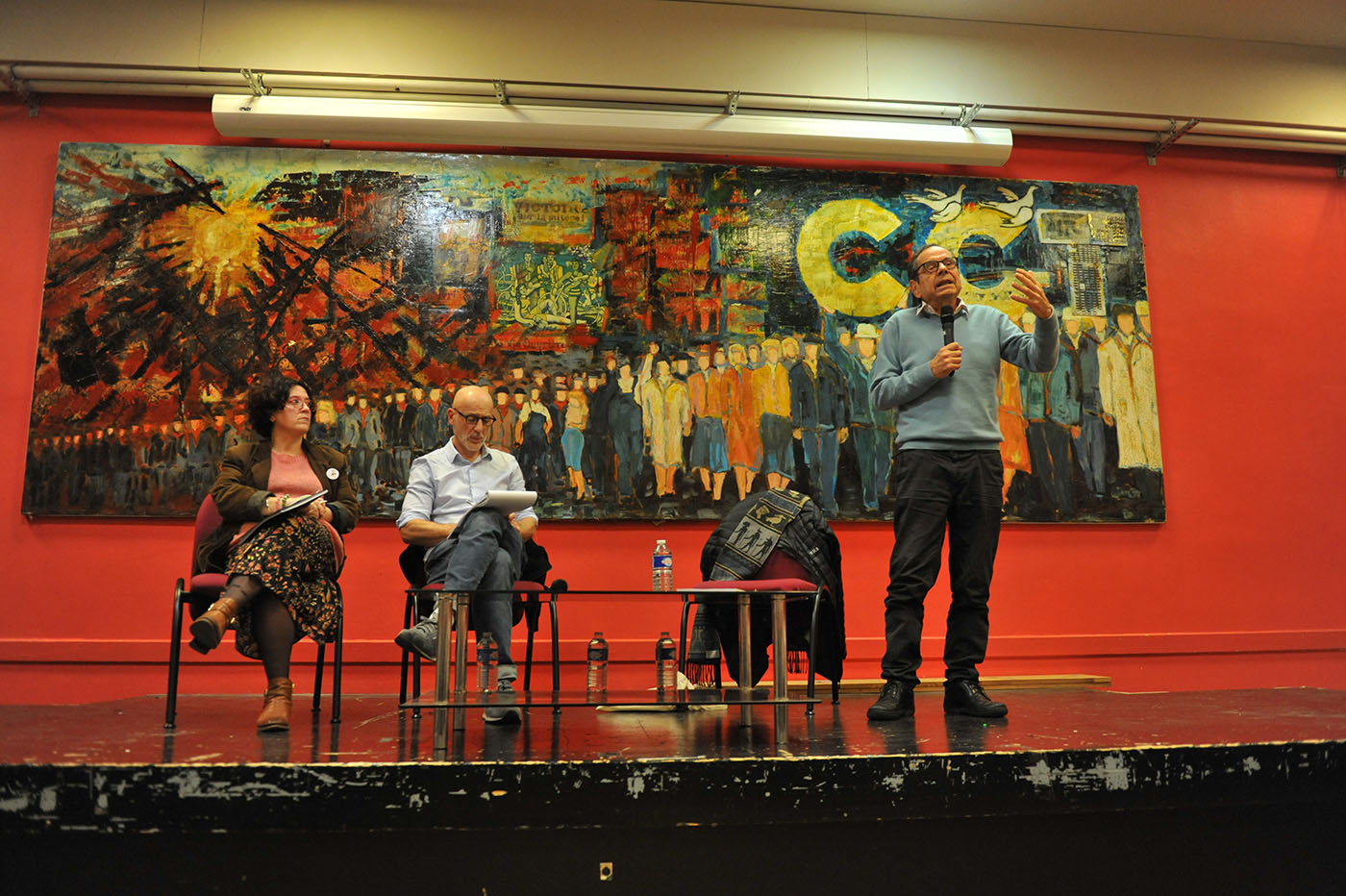
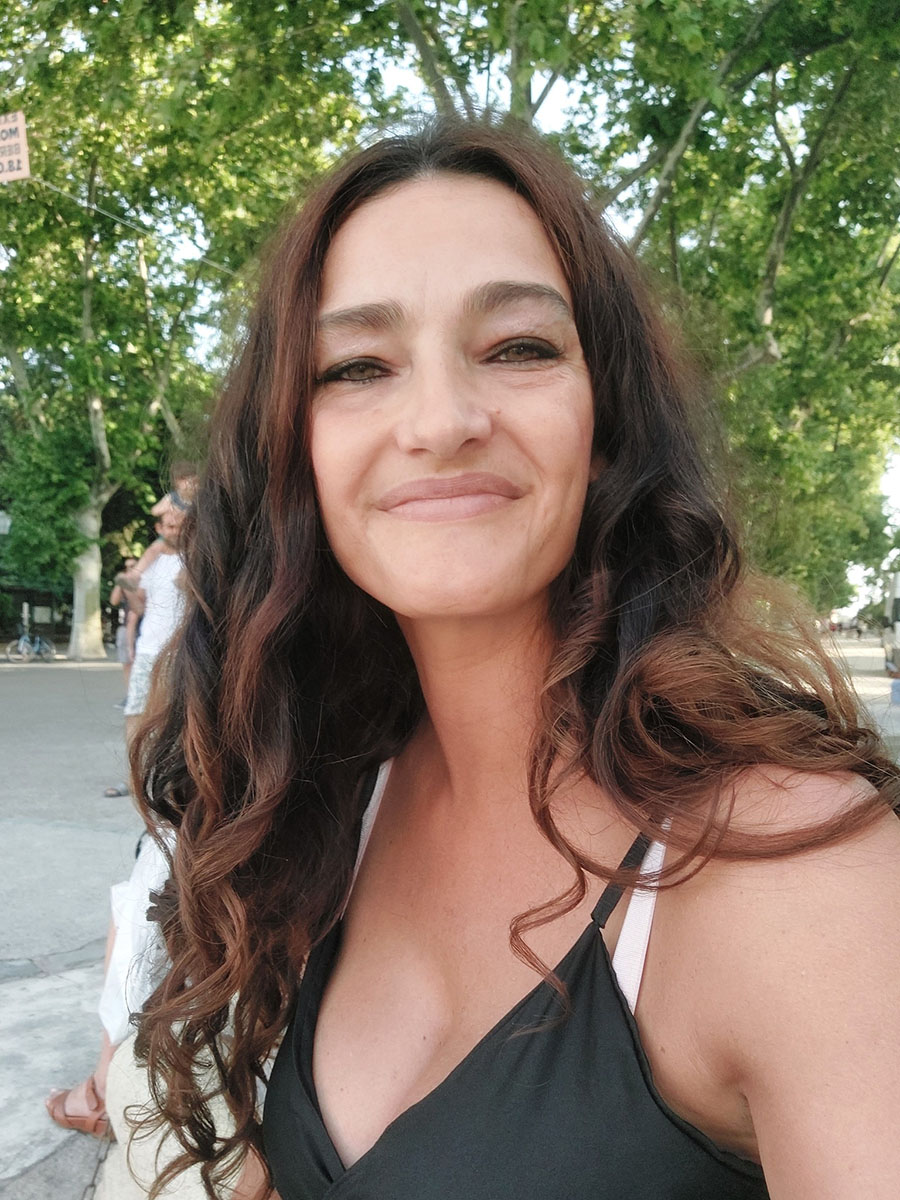

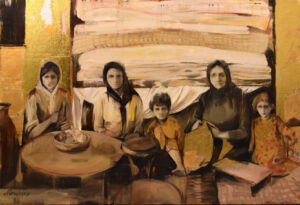


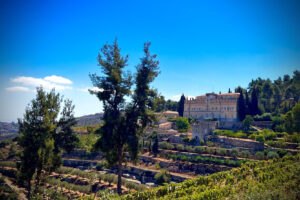


















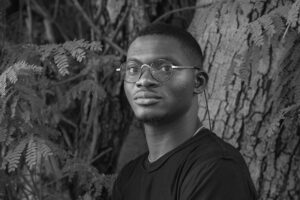





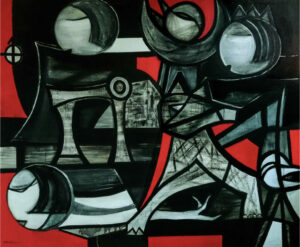



















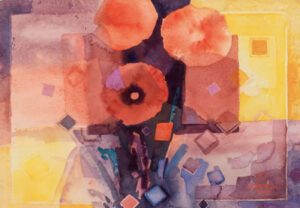

































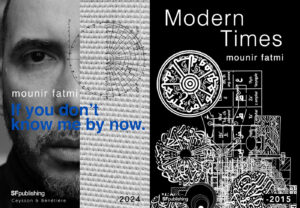






























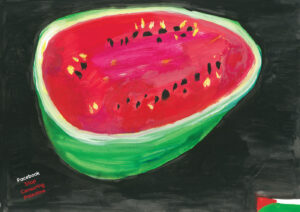


























![Fady Joudah’s <em>[…]</em> Dares Us to Listen to Palestinian Words—and Silences](https://themarkaz.org/wp-content/uploads/2024/03/SAMAH-SHIHADI-DAIR-AL-QASSI-charcoal-on-paper-100x60-cm-2023-courtesy-Tabari-Artspace-300x180.jpg)


















































